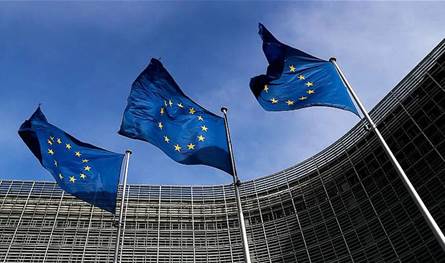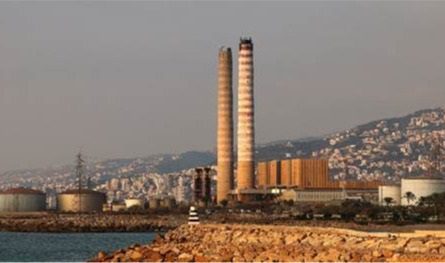Washington strengthens the Israeli position … and presses the army

It seems that the south again enters a new stage of tension, with the return of Israeli attacks and the intensification of military and political messages at the same time. This development clearly reflects that Israel is not going to change its approach to Lebanon, but on the contrary, it works to establish an equation based on continuous pressure, whether through the field or through American diplomatic channels.
It is noteworthy that Tel Aviv refuses to adhere to the path sponsored by the United Nations through the “mechanism” meetings, preferring to keep things open to the possibility of escalation. Hence the importance of visiting the American envoy Morgan Ortigos tomorrow to Beirut, which is supposed to follow this path, knowing that it will meet Sunday in the five -year committee in Naqoura to leave immediately to New York, but the content of its actual movement is, according to political sources, in the direction of strengthening the Israeli position more than aimed at creating a balance in the pressures, and seeing the army’s plan and what was implemented of it. It is limited to Tel Aviv’s support, but it appears directly by pressure on the army. The United States, as well as informed political circles, provides financial and military aid to the army, but it is conditional on a broader vision to limit the arms in the hands of the state. This support comes as a continuous American pressure to push the army to expand its role south and north of Litani, in the face of Hizbullah, with Washington aware that its capabilities alone are not enough to disarm by force. With this, the army finds itself demands to act according to international obligations and government plans, but at the same time under external pressure to adopt a broader role, which increases the fragility of the internal situation and complicates the security and political equation in the south, the Bekaa and the suburb. This vision was evident in the statements of the American Ambassador Lisa Johnson, who stressed that what the army has achieved so far is “important but insufficient”, which reflects American pressure on the military establishment to play a greater role without any reconciliation or procrastination. Sources indicate that Israel intends to send repeated signals by not changing its strategy towards Lebanon, and that the governmental or international plans that are presented does not fall within its accounts. These messages carry with them a warning that military and political pressures will continue, in the absence of any American intention to pressure Tel Aviv towards calm, and the American special envoy Tom Barak announced weeks ago that Israel has changed and no longer recognizes the traditional borders, or the borders drawn by the Sykes -Picot Agreement. On the other hand, the official Lebanese position appears, as expressed by Prime Minister Nawaf Salam, adhering to the choice of calm And cooperation with international mechanisms, but at the same time raises a fundamental problem: How can these meetings be continued while Israel does not show any commitment to them, and continues the attacks almost daily? This question opens the door to a political and diplomatic predicament, as Lebanon finds itself demanding additional steps without touching any Israeli commitment to the minimum understanding of understandings. This continues the discussion between the basic powers on how to deal with this reality. Coordination between Hizbullah and the army reflects a serious attempt to coordinate a joint coordination of the deployment plan south of Litani, with the realization that the success of this step is first conditional on stopping the Israeli attacks, otherwise the operation turns into an internal tension factor. And the upcoming meeting of the head of the Al -Wafa Resistance Bloc, MP Mohamed Raad, with the President of the Republic, General Joseph Aoun, after the latter’s return from New York, enters into this framework, to secure a wide political cover that keeps pace with any field plan, after Raad met the Brigadier General Advisor to the President of the Republic, and the research touched on the Israeli attacks, weapons files, reconstruction and election law. Open to multiple possibilities, between the continued gradual pressure or the slipping of the situation to broader confrontations from the south, especially since the wave of warnings that the Israeli launched yesterday for the sons of southern villages and towns that predict the most dangerous, in the absence of any international deterrent to Netanyahu.
The post Washington strengthens the Israeli position … and presses the army appeared first on 961 tobay Lebanon today.
















